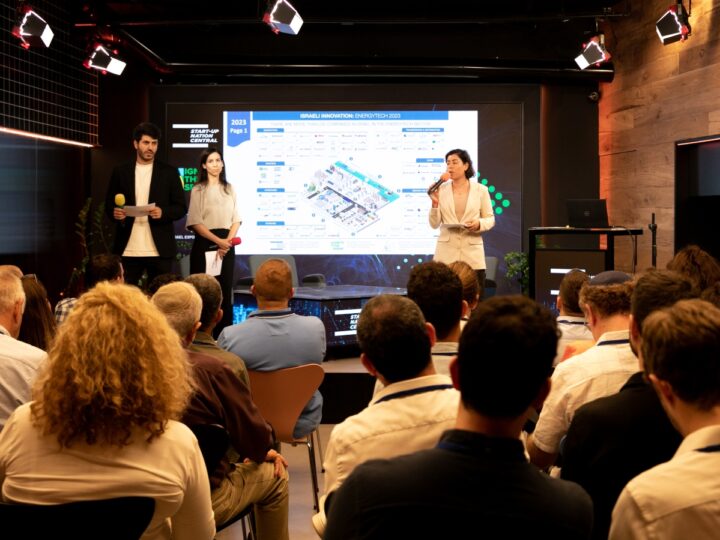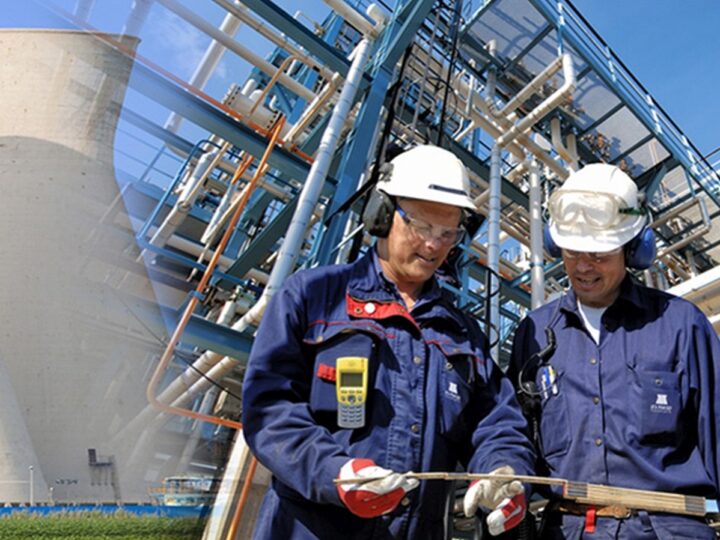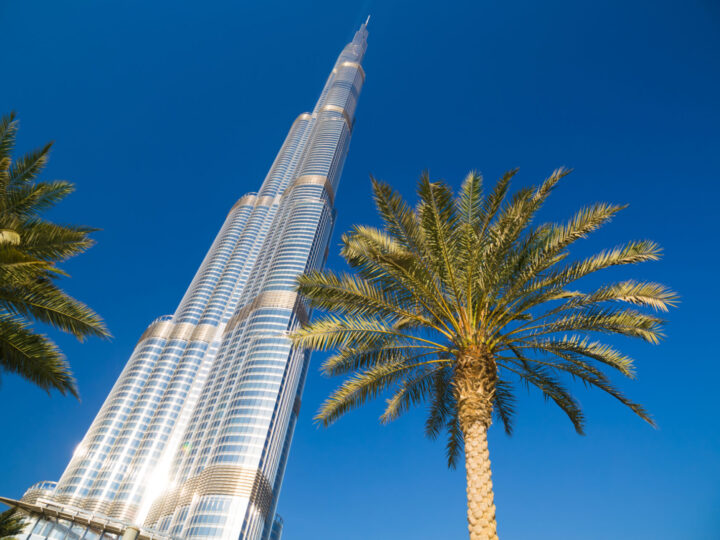What could be simpler than generating electricity for municipal water monitoring systems from the flow of the water itself? That’s the breakthrough idea of Israel’s HydroSpin.
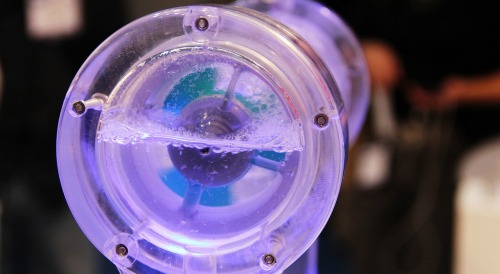
Hydroelectricity is among the cleanest of today’s clean energies. As water flows through a hydraulic turbine connected to a generator — often at a dam — its kinetic energy creates electricity, and it emerges at the other side no worse for the wear. This is a wonderful way to produce power in places blessed with raging rivers.
Israel isn’t, which would make it an unlikely place for a breakthrough in hydroelectric technology. But HydroSpin, based at Kibbutz Lavi in northern Israel, has come up with a new way to power a “smart water network” (SWAN) by marshaling the flow of water in pipes.
“Our system generates one to five watts of electricity,” says HydroSpin CEO Gabby Czertok. “That’s enough to power a network and send the data forward every five minutes or so, instead of once a day in other smart water network systems.”
Water shortages require managers to keep an eye on leaks and water quality, while too much rain can overwhelm water distribution and sewer services. SWANs ensure that every drop is accounted for, with sensors providing real-time data on leaks, water pressure, usage and water quality.
Most SWANs run on batteries, but sooner or later, batteries die and have to be replaced or recharged. That’s a major hassle and expense, and since SWANs do not constantly update servers, a problem in a water or sewage system could remain undetected for days because of a dead battery — sort of defeating the point of the SWAN.
One solution is batteries that can be recharged via attached solar panels. But Czertok says that solar energy doesn’t play well with SWANs. “There is a major problem with theft of the solar panels and batteries, and the sensors on the network are disabled when their power source is removed.”
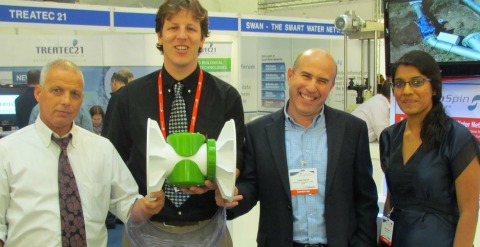
Czertok says that theft is the top impetus for water managers to seek alternative power sources like HydroSpin, a solution that is unique in the world of alternative energy.
Continuous data
“We concentrate on small-scale power production using water as it flows through pipes,” says Czertok. “Managers can add our device to their existing SWANs, anywhere on the network, and our device will generate enough power to support low-energy devices throughout the water network; such as sensors, probes and transmission devices.
“With HydroSpin, sensors and measuring devices are no longer limited to locations that have accessibility to electricity, while the data received from monitoring is no longer limited by the amount of energy available through batteries. Data can now be transmitted continuously, giving customers visibility of their network and sensors 24/7,” Czertok adds.
The process and device are patented, and the device does not stop the flow of water through the pipes.
Czertok, who has years of experience in high-tech, is a big believer in the product invented by his colleague, HydroSpin CTO and founder Dani Peleg.
“Dani has been in the water business for 15 years, and was always frustrated by the issue of batteries dying in the field, so he decided to do something about it, coming up with one of the most innovative energy technologies available today,” Czertok says.
It’s so innovative, in fact, that HydroSpin’s relatively new device — the company has been around only since 2010 — was chosen as one of the 45 greatest Israeli inventions for display at Jerusalem’s Bloomfield Science Museum, along with venerable “veteran” inventions like the disk-on-key, drip irrigation and Better Place electric car network.
HydroSpin is a member of the Kinrot Technology Ventures incubator, which is largely dedicated to funding companies with innovative water technologies.
The device is showing up in more and more SWANs – in England, Spain, and other places. “Smart water networks are a major trend,” Czertok says. “The market for this is going to quadruple by 2020, and will be worth $20 billion. We are riding the cusp of something big that is happening throughout the world.”













